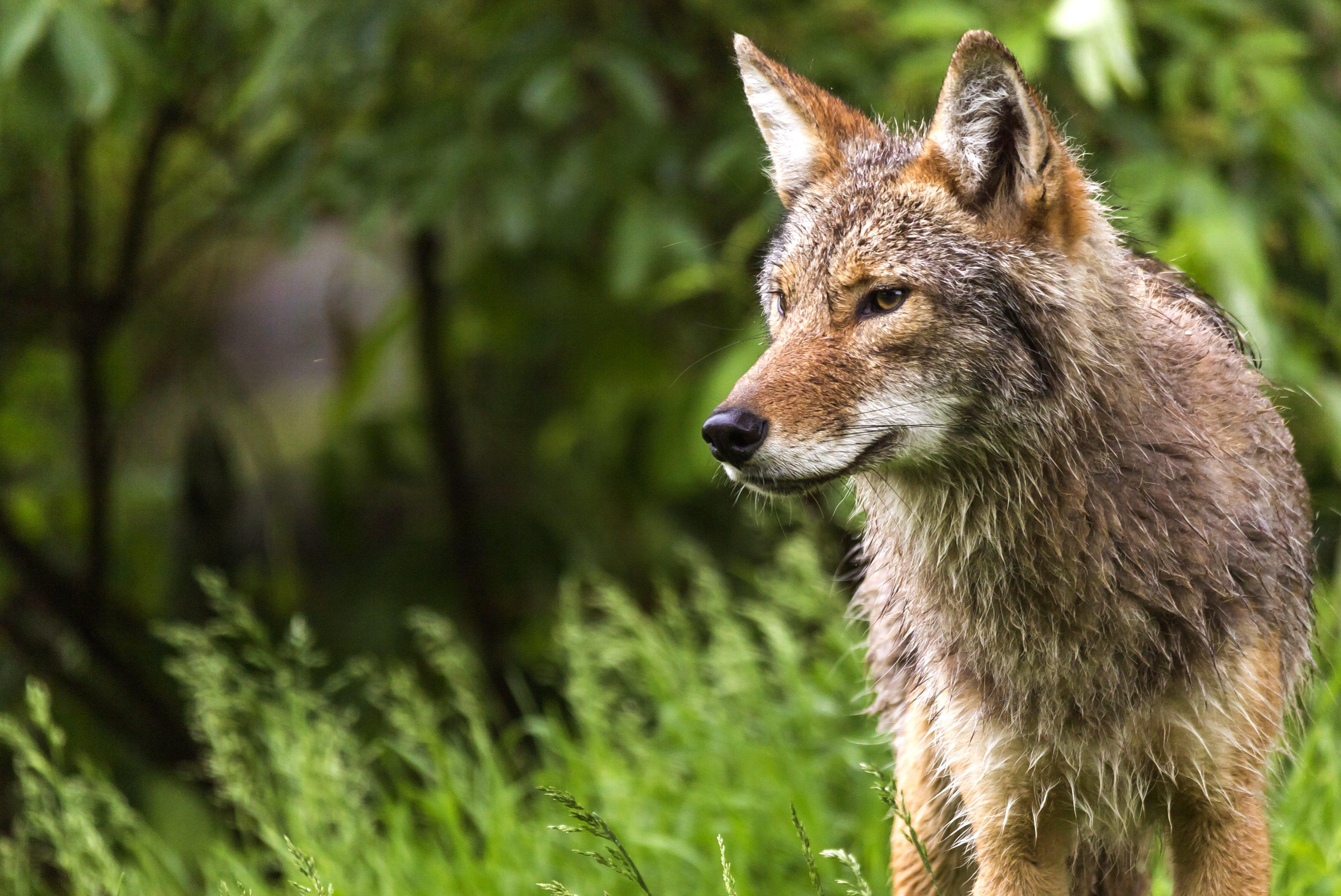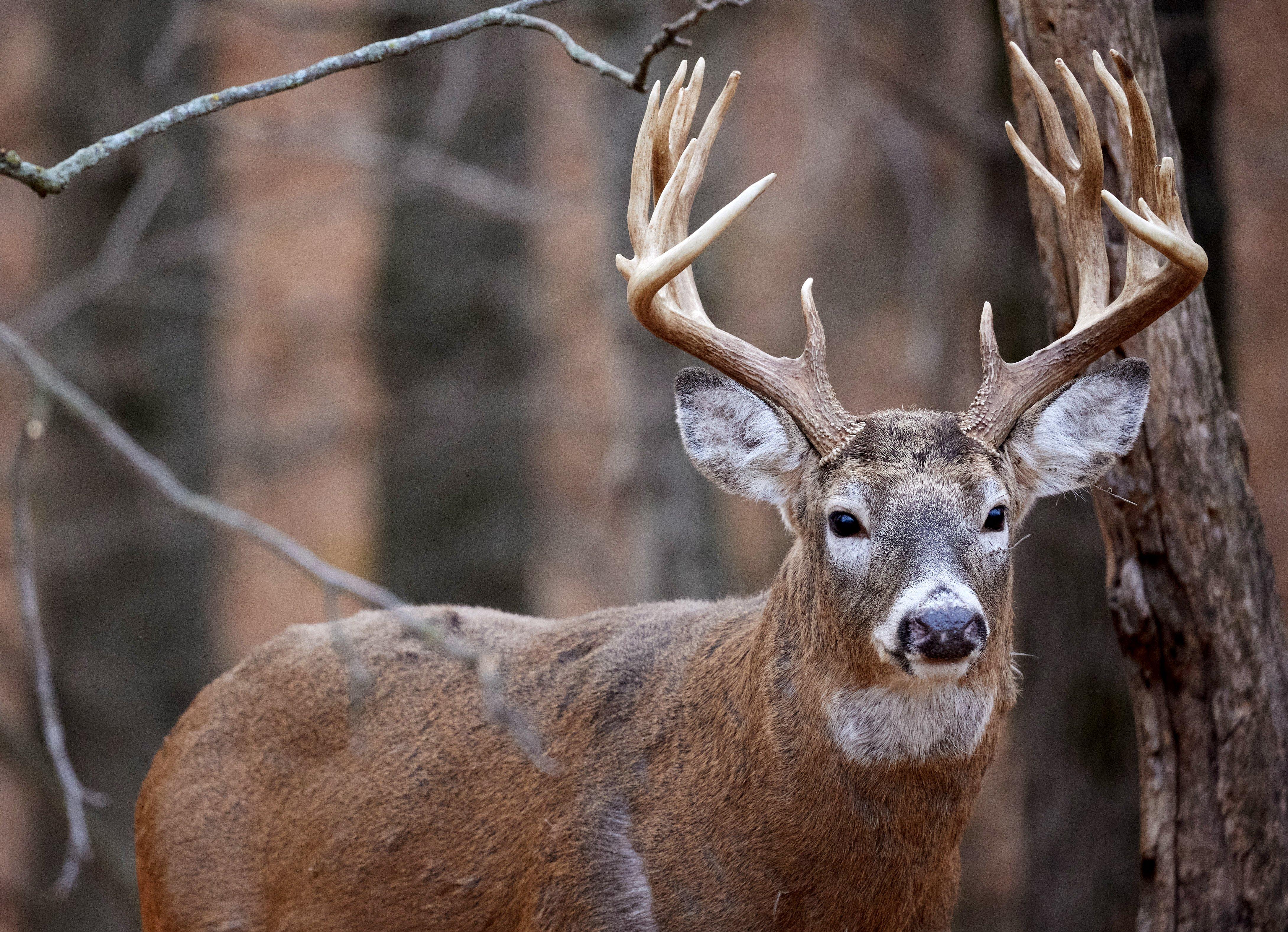Have You Ever Hunted Any of These States?
Are you someone who likes to go on out-of-state deer hunts? Trying to do your next road trip on a budget? Here are the only states in the country where a non-resident can hunt for less than $150. You're welcome.
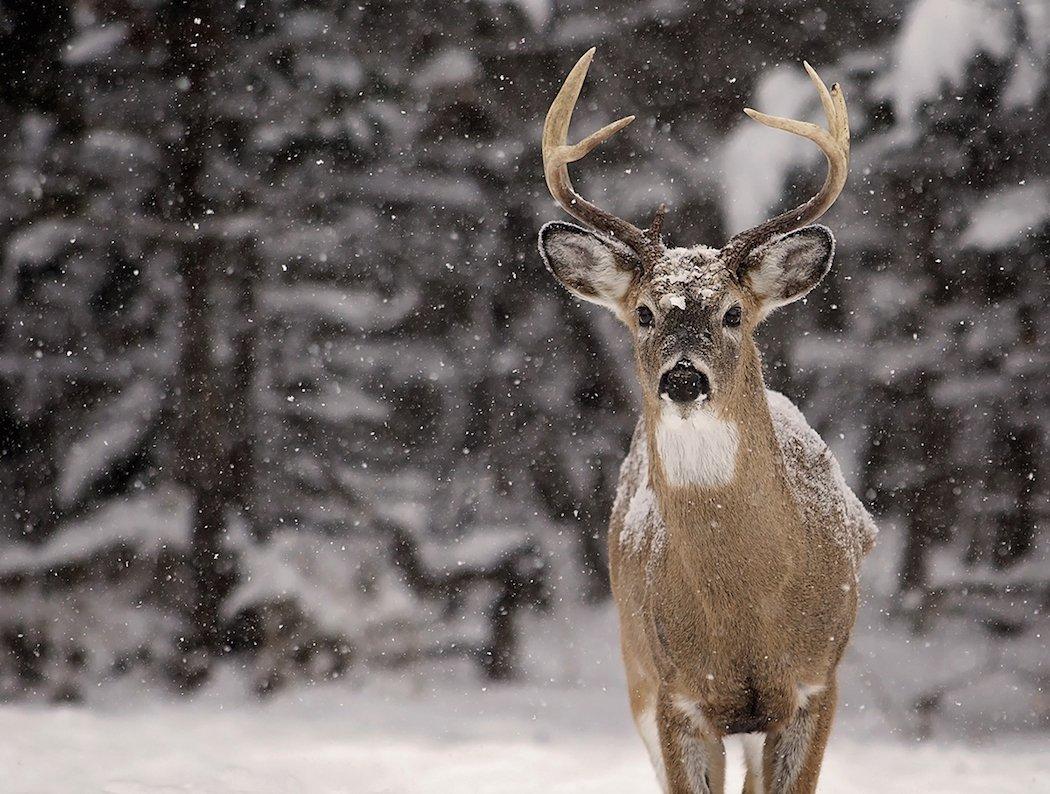 Deer Hunting in Connecticut
Deer Hunting in ConnecticutCost: $91-$135 (plus $19 state land lottery permit)
Northwestern counties continue to lead for trophy bucks, but tiny Middlesex County in the center of the state turned out back-to-back Booners in 2010 and 2011. Archery deer hunters are allowed to hunt in Connecticut on Sundays, as long as they are at least 40 yards away from any blazed public hiking trails . . . continue reading . . .
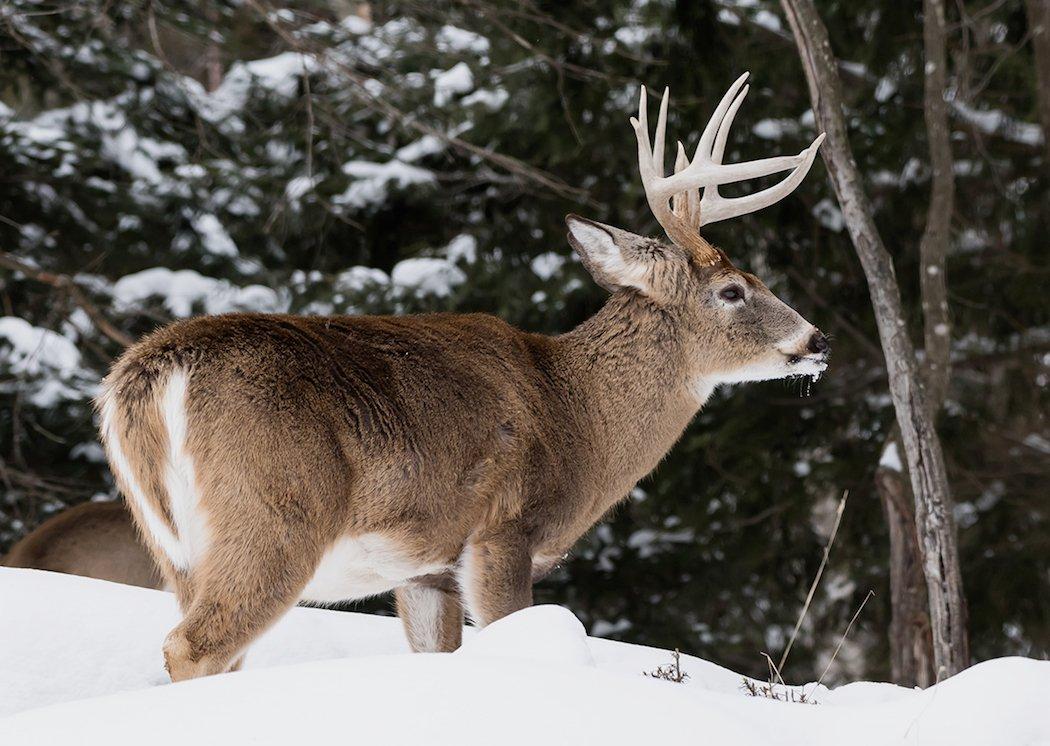 Maine
MaineCost: $75-115 (nonresident archery licenses are $75; nonresident gun licenses are $115)
While you won't get to take a high number of deer in Maine, you might still fill your freezer with a true northern-woods giant. Mature bucks in the area tip the scales at 300-plus pounds on a regular basis, something southern hunters rarely, if ever, get to see. Also, a fairly new rule from two seasons ago allows out-of-state college students attending college in Maine to pay resident fees when obtaining their hunting licenses. When it comes to allowing Sunday hunting, Maine is still a holdout, so plan your trips accordingly when you schedule your hunting trip . . . continue reading . . .
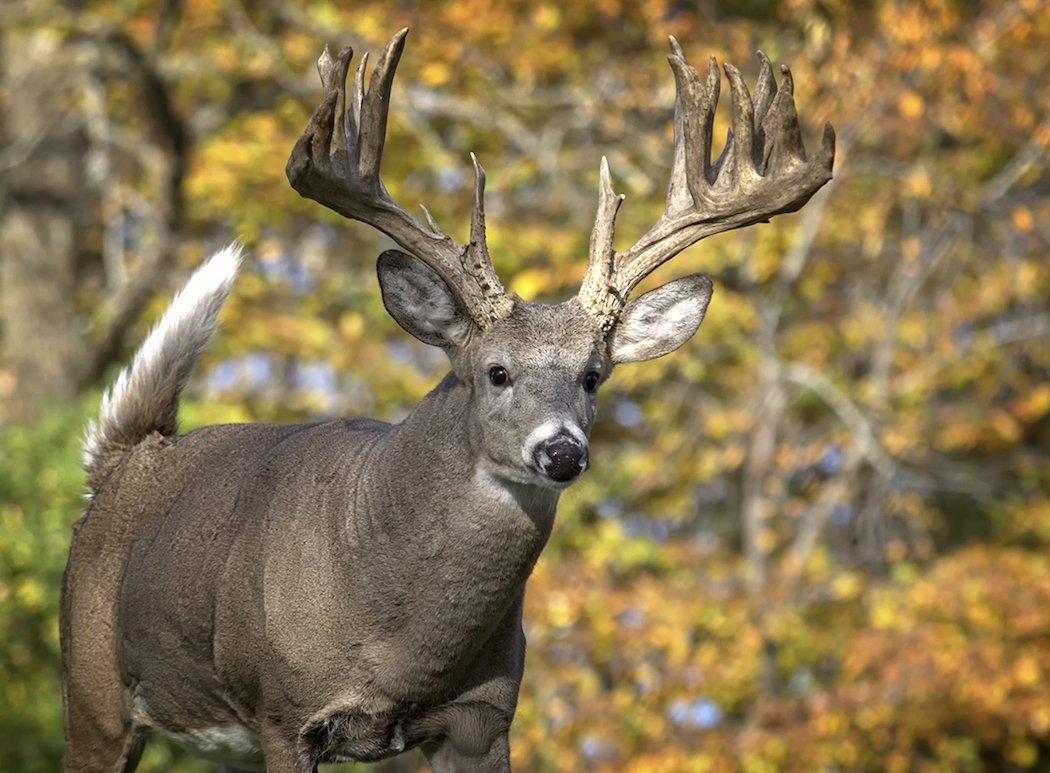 Maryland
MarylandCost: $130 (plus $25 per bonus antlerless deer stamp, $25 for bow stamp and $25 for muzzleloader stamp)
Maryland has been a hotbed for big bucks over the last several years, and the past couple have been no exception. While typicals had dominated the record book additions a few years ago, 2014 saw a couple of non-typicals enter the books. Interestingly, both came from more coastal areas in the eastern portion of the state. With the good feed and mild winter, watch for Maryland to add to their record book totals again this fall . . . continue reading . . .
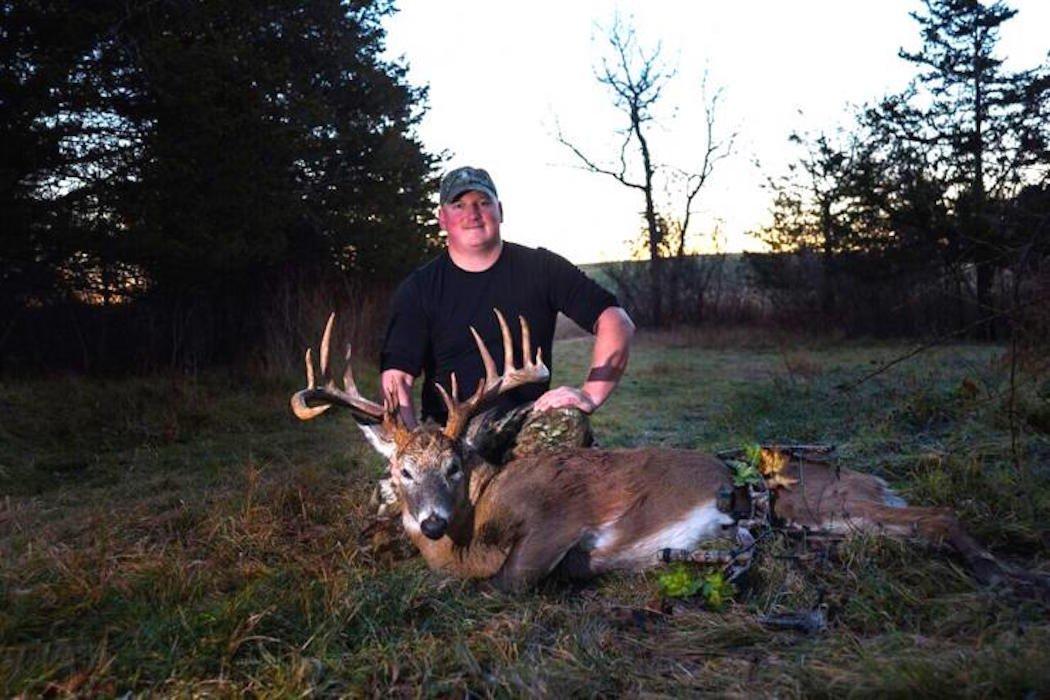 Massachusetts
MassachusettsCost: $99.50 and up
While Massachusetts doesn't put a lot of deer in the record books, a lot of their entries, non-typical in particular, have come in recent years. All of the state's non-typical bucks have been entered since 1995, including the state's current non-typical record taken by a hunter, a 200 5/8-inch buck taken by Craig F. Luscier in Berkshire County in 2012. The area along I-495, stretching from Billerica northward to Hopkinton and Bellingham in the south is seeing booming deer numbers, but the entire state should have a healthy population this fall . . . continue reading . . .
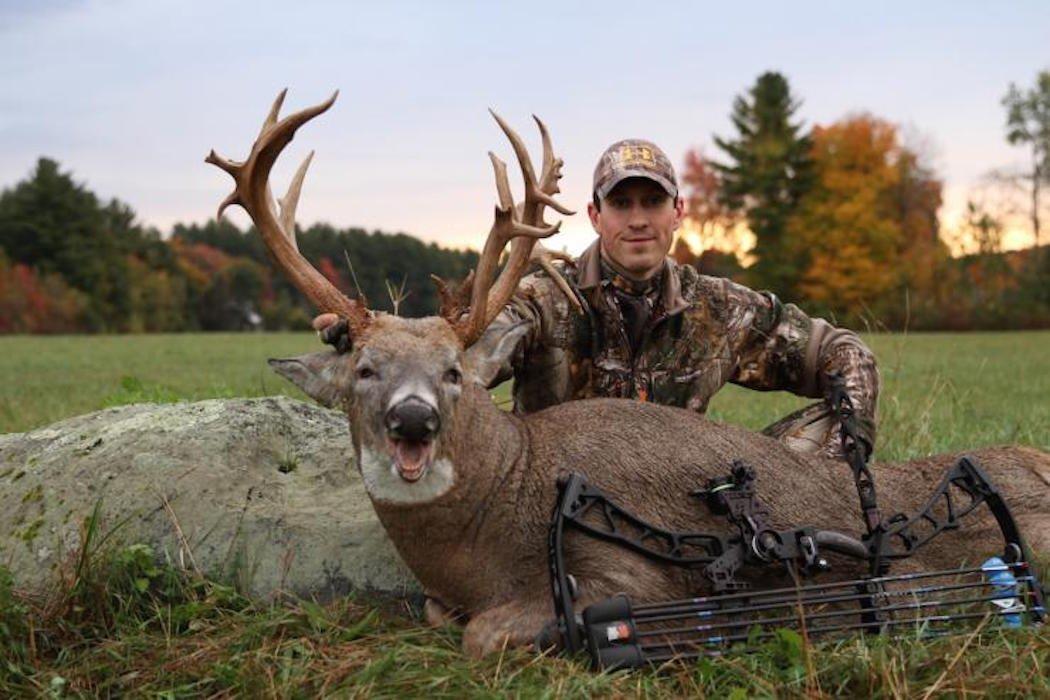 New Hampshire
New HampshireCost: $83-113 (depending on weapon (plus $2 transaction fee)
Over the past several years, Rockingham, Grafton and Hillsborough counties have led the deer harvest numbers, but all southern counties are a good bet for both numbers and trophy potential. Check out some densely populated urban areas for bowhunting potential. As of March of 2016, it is now legal to hunt with suppressor equipped firearms, assuming you have all state and federal permits to own one . . . continue reading . . .
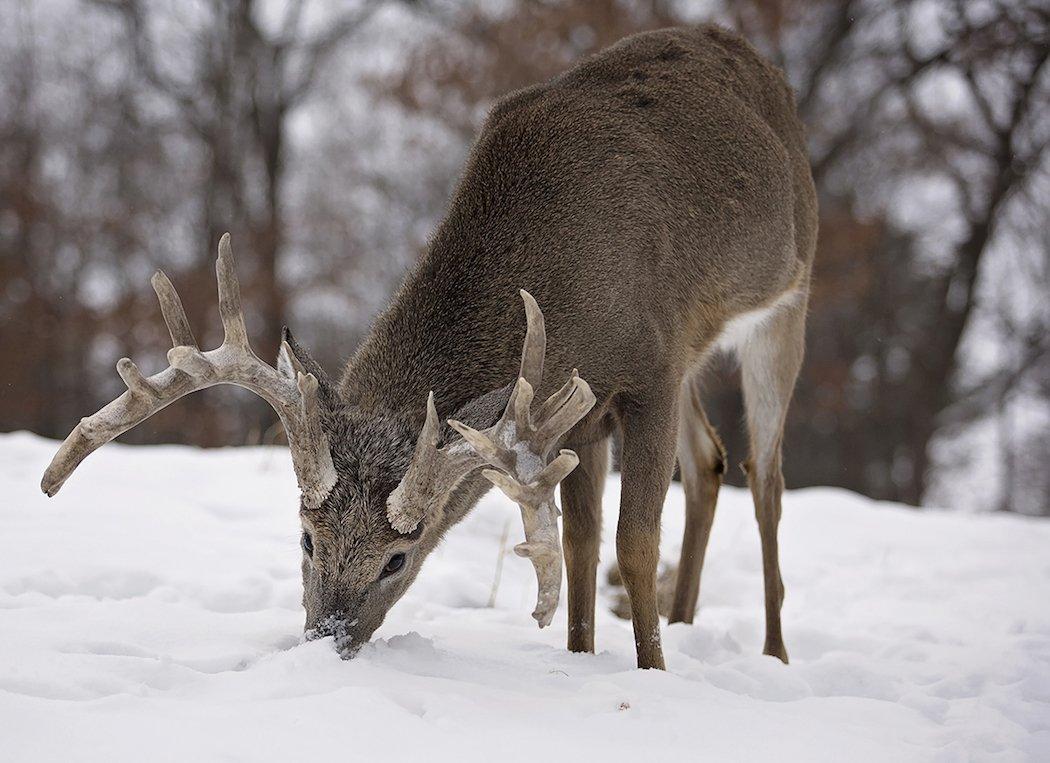 New York
New YorkCost: $140 and up
The past few years have seen a major push among New York hunters for antler restrictions to protect younger bucks. While the DEC has yet to implement antler restrictions on a statewide level (they have them in place for 11 wildlife management units in the southeastern portion of the state), they have actively encouraged New York hunters to pass up young bucks for a few years now. It seems to be working. Over 30 percent of both typical and non-typical entries into the B&C record book for the state have been entered in the past 10 years. And they haven't all been from one area of the state. These latest entries have been submitted from just about every area of New York. If you are looking for public hunting around the really high deer density areas around Ithica, look at Buttermilk Falls State Park and Robert H. Treman State Park for archery hunting opportunities . . . continue reading . . .
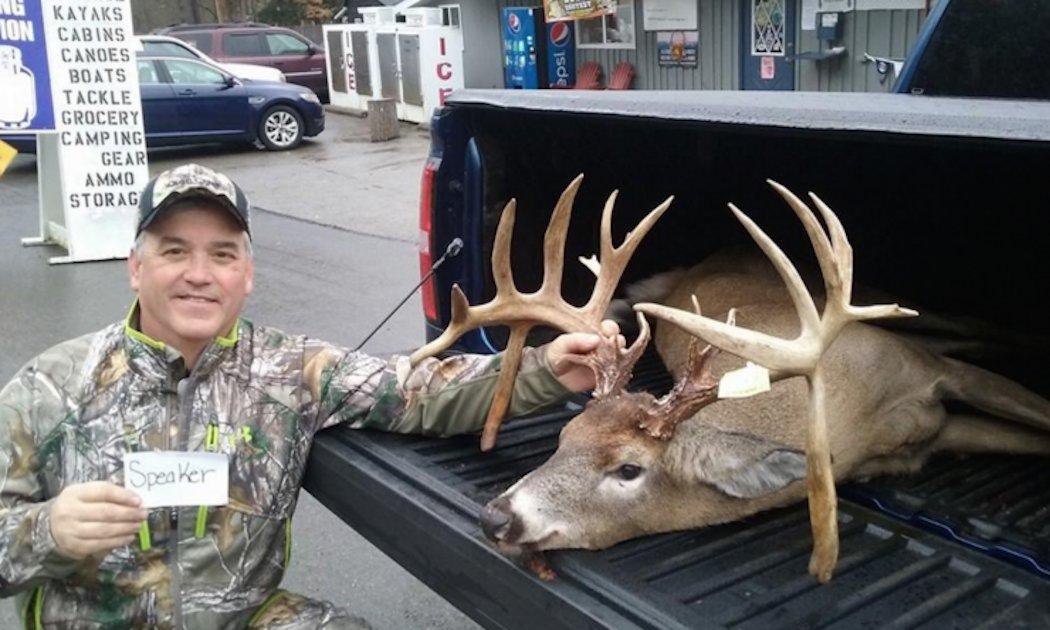 Pennsylvania
PennsylvaniaCost: $128.80 (nonresident hunting license is $101.90; add an archery permit for $26.90 or muzzleloader permit for $21.90)
Look for hunting areas in WMU 2D, which borders WMU 1A along the east. The 10-year average for post-hunt deer population has been 102,073 per year. WMU2D is located mostly in Armstrong County along with portions of Butler, Indiana, Jefferson, Clarion, Venango and Westmoreland counties. While the vast percentage of this area is private land, public land exists northwest between Armstrong and Butler counties . . . continue reading . . .
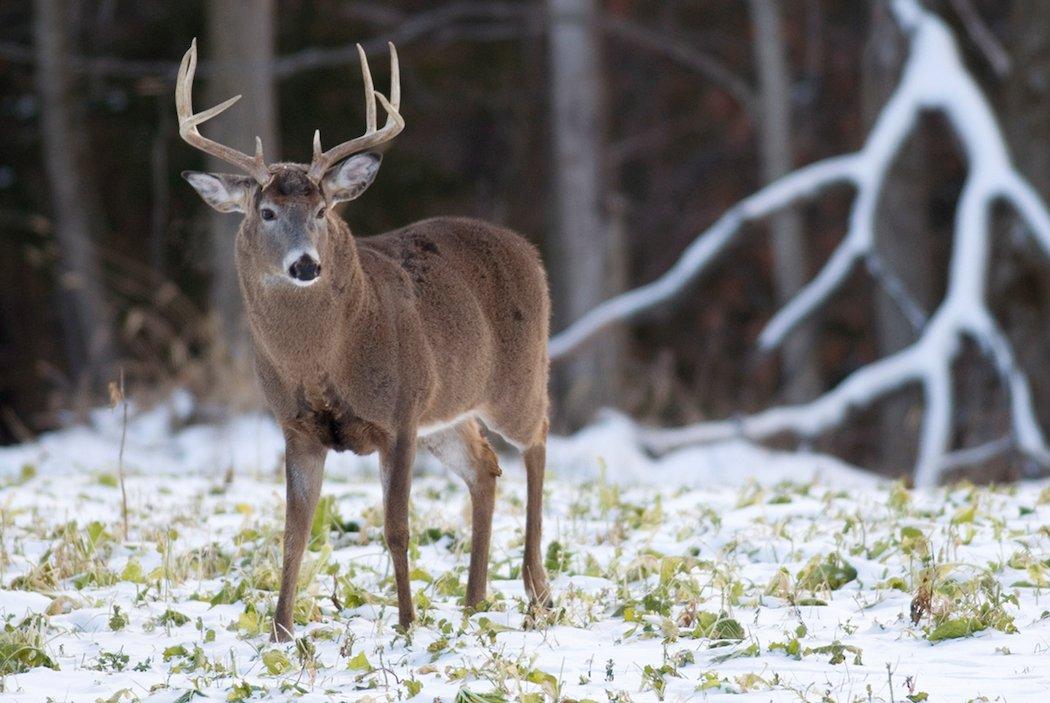 Rhode Island
Rhode IslandCost: $70.50 (nonresident hunting license is $45, and deer permits are $25.50 each)
The deer are so plentiful in some areas of the state that many towns actually offer a bounty on deer taken by hunters. Find one of these areas and start knocking on doors to obtain permission from local landowners fed up with losing their landscapes to deer. Take note that muzzleloader season in Rhode Island runs through the rut, so smokepole hunters have a great shot at seeing mature bucks on the move. In an effort to prevent the spread of CWD, Rhode Island Department of Fish and Wildlife asks that hunters not provide bait for deer and not use urine-based scent attractors . . . continue reading . . .
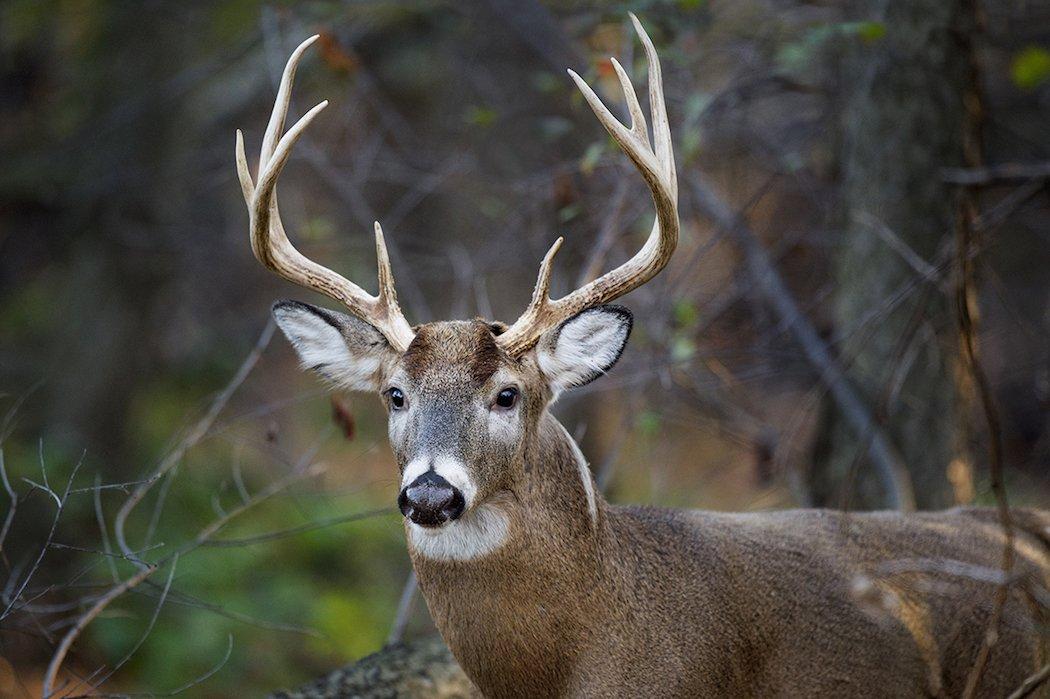 Vermont
VermontCost: $75-140 (license choices vary)
Look to the legendary Benoit family and their exploits in tracking and killing big, mature bucks to see that Vermont can turn out some real trophies for those who put in the work. Warm weather and bumper crops of both apples and acorns made things tough for Vermont deer hunters last year. As a result, a lot of older-age-class bucks made it through the season. With another decent winter, these bucks should be in great shape this fall. If weather patterns trend cooler this fall and food sources are a bit scarcer than last year, look for those big bucks to be on the move this deer season . . . continue reading . . .
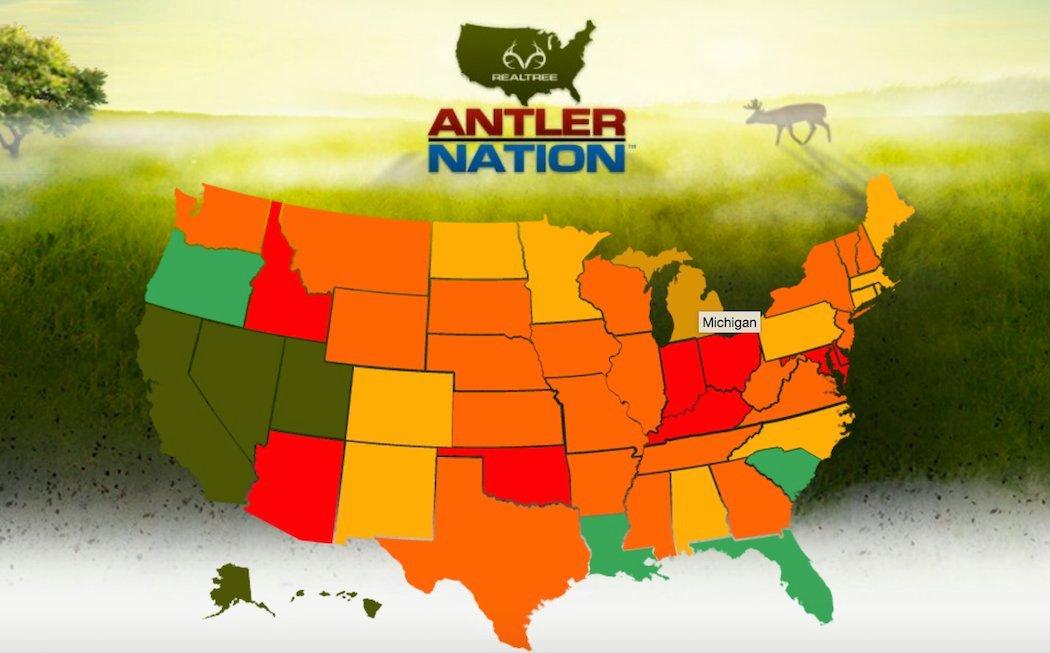 Check License Costs for Every State
Check License Costs for Every StateWant to know what it costs in each state? Need season date information? Check out our Antler Nation page and have your questions answered.
Don't Miss: 8 Top States for Whitetail Hunting in 2018
Are you a deer hunter wanting to learn how to accomplish your goals? Check out our stories, videos and hard-hitting how-to's on deer hunting.




































